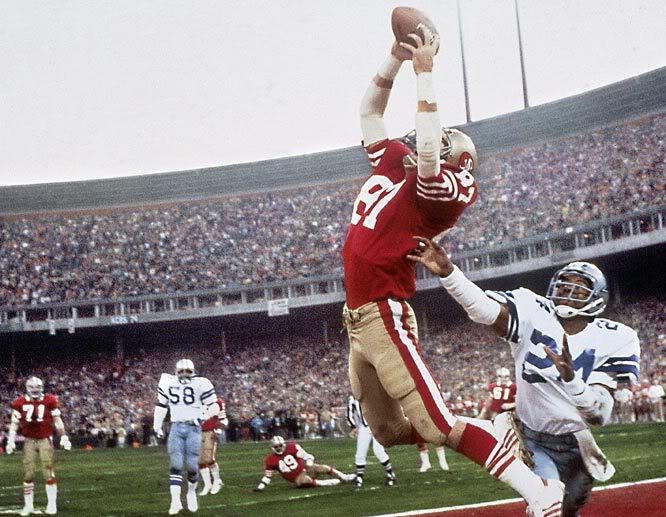The trickier part of Moneyball: Understanding the price of performance
I'm out at the HireVue Digital Disruption event in Park City, Utah (I know what you're thinking, your humble correspondent sure has it tough), and at the opening general session the audience was treated to a talk by Billy Beane, GM of the first-place Oakland Athletics, and more famously, the subject of the book and movie Moneyball.Park City, UT
By now just about everyone in the HR/Talent space is familiar with the Moneyball story, as Beane and his former assistant at the Athletics, Paul Depodesta have both been pretty regular fixtures on the HR conference speaking circuit these last few years. The story, even if getting a little familiar, still resonates, and having the hook of a movie based on the Moneyball book and starring Brad Pitt has helped to extend the life of the story somewhat.
But it seems to me that while everyone in HR now knows the Moneyball story, that mostly we kind of only accept it at the first level, i.e., that HR needs to apply more data and analytical tools towards the management of talent in the organization. How Beane and Depodesta took a data-driven approach to managing talent at the Oakland A's was the fundamental message of Moneyball, but it was not the only message.
The more important, and much harder aspect of Moneyball is the concept of the value and price of performance. In his talk yesterday at the HireVue event Beane showed a chart that explained this concept playing out in decisions about major league baseball pitchers. A few years ago Beane traded one of the top pitchers in the league but who had a $6M or so salary and replaced him with a pitcher that had just about equal success on the field, but who had a salary of 1/10th of the guy he replaced. So while the emphasis and focus of the Moneyball approach to talent has been (mostly) about identifying the right data (and tools to analyze that data), that leads to high performance, once you have done that analysis then Moneyball demands you apply that to the costs or price you can or should pay for that performance.
And it seems to me that side of the process, the 'How much are we paying for performance?' question is where the true value is to be found in the entire Moneyball story. In baseball and maybe in your business too, it probably is getting easier to determine what metrics to apply in order to identify and predict performance. But it is much tougher to understand the tradeoffs between costs and performance. Beane and the Athletics continue to succeed not because they still have some secret understanding of what metrics to apply, they stay on top because they consistently find ways to acquire the performance they need at a much lower cost than their competitors.
The focus on the costs and value from performance is why the book was called Moneyball and not Metricsball.
Identifying the metrics is only the first step - knowing how much they are worth, what you can pay, and when to 'sell' an overpriced asset and 'buy' an undervalued one is the real and much trickier lesson from Moneyball.

 Steve
Steve


